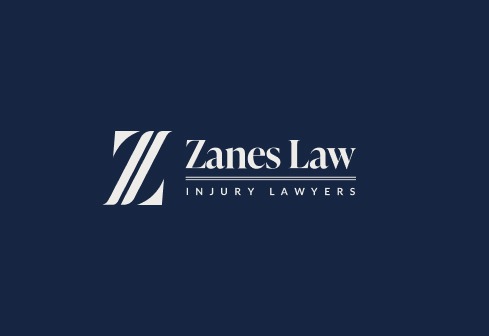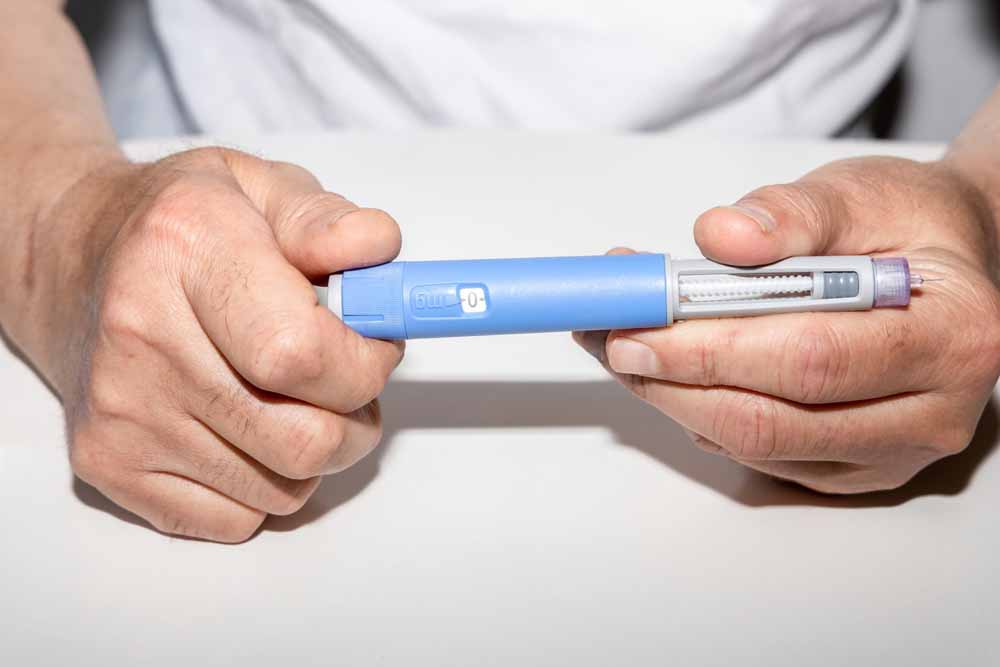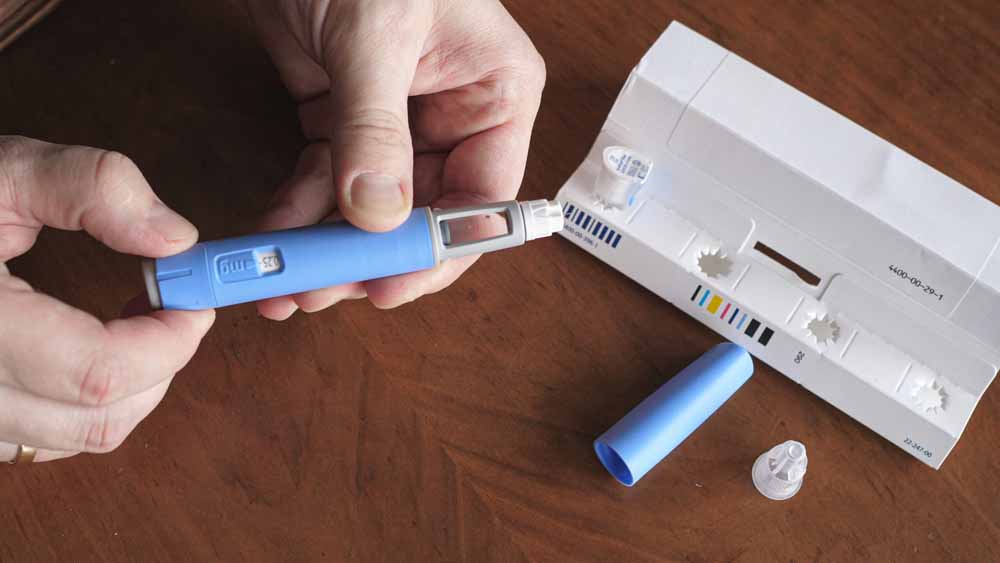After a car accident, figuring out how much is owed can be challenging, especially if there are numerous parties and variables to take into account. Numerous factors can affect the amount owed, including missed pay, pain and suffering, medical costs, and auto repairs.
To which you are entitled, it’s crucial to know how to determine how much you are owed after a collision. In this post, we’ll go through some of the major elements that can affect the overall amount payable following a car accident and offer some advice on how to figure it out.
Which Factors Determine Compensation Following a Car Accident?
After a collision, your main priorities are your health and preserving evidence that influences your settlement amount. An official police report and captured pictures and witness information will stand as supporting documentation for your personal injury claim. It is strongly advised that you see a doctor to examine and document your condition.
The following elements heavily impact your car accident injury settlement:
Medical Bills
Healthcare expenses accumulate the most debt following a car accident. Whether you have a minor or severe injury, keeping track of all medical costs associated with the incident is crucial. This can cover hospital fees, doctor visits, physical therapy, and any additional accident-related medical costs. Keep all receipts of your medical bills to determine how much is owed.
Property Damage
Another common expense after a collision is the cost of repairing or replacing any property that was damaged in the wreck. Depending on the degree of damage and the kind of vehicle involved in the accident, the cost of repairs or replacement will vary.
Lost Wages
You might be entitled to compensation for lost wages if you were hurt in a car accident and are unable to work. This can include any bonuses, commissions, or other perks you would have received in addition to the money you would have made if you weren’t hurt.
It’s important to keep account of the time you were unable to work and to present proof of your missed wages, such as pay stubs or a letter from your employer, to get the compensation you deserve.
Emotional Distress/Pain and Suffering
You might be eligible for money to cover pain and suffering in addition to medical bills and car repairs. Your physical and mental anguish as a result of the accident is measured subjectively by your level of pain and suffering. Being transparent about the mental side effects of your accident is necessary for treatment options to be explored.
While there isn’t a standard method for measuring pain and suffering, it is typically dependent on the seriousness of the injury and how long it has affected your life. The kind of damage, how long it will continue, and how it has affected your everyday life are some frequent variables that might affect the amount of compensation for pain and suffering.
Insurance Coverage
Your insurance coverage is one of the most crucial aspects to take into account when figuring out how much is due to you following a motor vehicle accident. It’s critical to comprehend what your insurance policy does and does not cover because different insurance policies have varying coverage limits.
For instance, some insurance plans might simply pay for medical costs, while others might additionally pay for pain and suffering and missed wages. To determine how to compute your car accident settlement amount, it’s critical to check your insurance policy and understand what it covers.
Conditions that Negatively Impact Your Injury Compensation
Now that we’ve discussed which factors add to your personal injury settlement award, knowing what negatively affects your ability you collect is equally important. To calculate how much you are owed post-collision, the following components need to be considered:
Missing the Filing Deadline for Personal Injury and Property Damage
Each state has a statute of limitations that sets a time restriction on how long you have to file a personal injury or property damage claim; however, these deadlines vary from state to state. If you file your claims prior to the deadline date, your case will move through the legal process to pursue a compensation package for your qualified losses.
However, if you miss filing and there are no exceptions granted, you will miss the opportunity to receive a settlement award for any of your damages. It is important to speak with a licensed attorney near you to determine what your legal deadlines are for your case.
Contributory Negligence vs. Comparative Negligence
Much like the statute of limitations, both of these negligence doctrines vary by state. Contributory negligence operates under the regulation that a victim can’t be responsible for the accident in any way to collect compensation. In contrast, comparative negligence weighs the extent of each party’s fault to grant a proportionate settlement.
With the help of a knowledgeable legal team, you will be informed of which doctrine impacts your settlement award so that you may move forward accordingly.
Tips for Calculating the Amount Owed Following a Car Accident
Calculating car accident compensation can be tricky if you were seriously injured. Because car accident medical expenses can be extensive, estimating your settlement amount is often delayed until you are close to recovery or a solidified treatment plan has been established for ongoing care. To help you quantify your losses, it is suggested that you:
- Maintain proper records: It’s critical to maintain accurate records of all costs associated with the accident to ensure that you obtain the maximum amount that you are entitled to following a car accident. This covers any expenses you have incurred, such as medical bills, auto repairs, lost earnings, and other costs.
- Retain legal help: You can navigate the difficult process of figuring out how much is owed after a car accident with the assistance of an experienced car accident lawyer. They are able to manage medical records, hire an accident reconstructionist, and seek advice from financial or health experts about the long-term effects that this accident may have had on you. Their assessment will be the most thorough option.
Your personal injury and property damage claim should be a fair compensation package that relieves the financial burden of post-accident expenses. If the car insurance company contacts you with an immediate offer, it is advised that you consult with a trusted attorney to evaluate the offer prior to accepting or signing any documentation.




